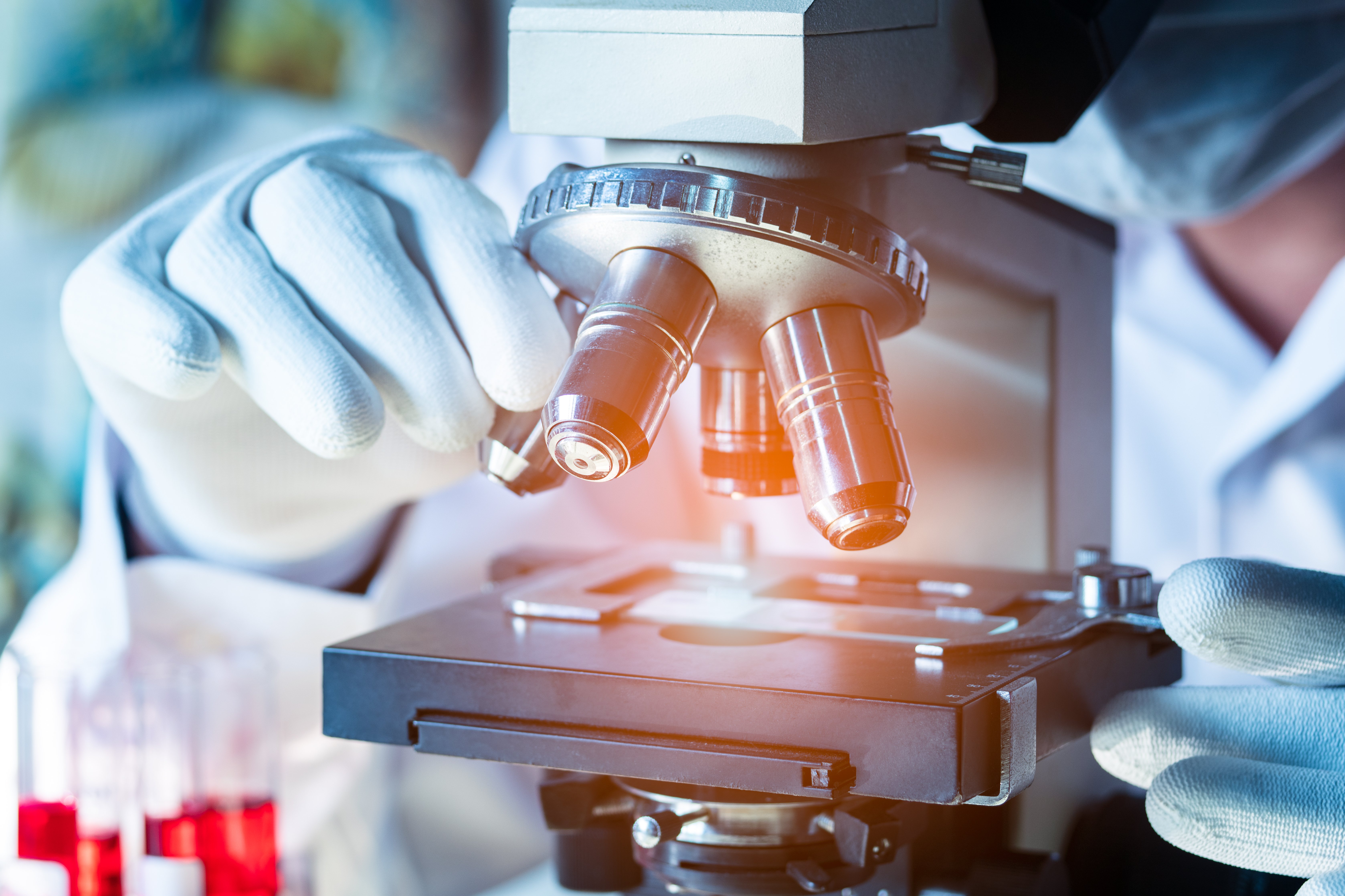
(Vienna, 20-02-2024) The latest research findings from MedUni Vienna provide insights into the molecular mechanisms underlying chronic sarcoidosis, a complex granulomatous disease with limited treatment options. The scientific team, led by Thomas Weichhart and Georg Stary, presents new findings that challenge the conventional understanding of the disease and proposes a new therapeutic approach. The current study was published in the American Journal of Respiratory and Critical Care Medicine.
Chronic sarcoidosis, which is characterised by the formation of granulomas in various organs, poses a major challenge for clinical treatment due to its progressive nature and limited treatment options. In their current study, the researchers focussed on the role of macrophages and lipid metabolism in granuloma formation. Through a series of comprehensive experiments, they discovered that macrophages from patients with chronic sarcoidosis are predisposed to granuloma formation. The researchers observed the spontaneous aggregation of macrophages and formation of granulomas originating from patients with chronic sarcoidosis, but not from cells of healthy controls. "This finding indicates that macrophages and not, as previously assumed, only antigen-specific T cells play a direct role in triggering the disease," said Clarice Lim and Anna Redl, first authors of the study.
At the molecular level, the researchers found increased expression of genes responsible for cholesterol synthesis in sarcoidosis macrophages. Analysing skin biopsy samples from patients and a sarcoidosis mouse model confirmed that macrophages have a different lipid metabolism profile and accumulate more neutral lipids. Interestingly, treatment with statins and cholesterol-lowering agents reduced granuloma formation both in vitro and in vivo, emphasising the therapeutic potential of targeting lipid metabolism in sarcoidosis patients. These results are an important step in the search for new supportive treatment strategies for chronic sarcoidosis. "Our study shows for the first time that altered lipid metabolism plays a central role in the development and progression of granulomas in chronic sarcoidosis," emphasises Thomas Weichhart. "By targeting these molecular pathways, we may be able to develop more effective therapies with already known drugs for these patients," adds Georg Stary.
This research work is the latest part of six years of interdisciplinary expertise in sarcoidosis, which has led to new insights into this granulomatous disease. The cooperation between several research groups at MedUni Vienna from basic, translational and clinical areas represents a model for collaboration between several departments at MedUni Vienna.
Publikation: American Journal of Respiratory and Critical Care Medicine
Aberrant lipid metabolism in macrophages is associated with granuloma formation in sarcoidosis
Clarice X. Lim, Anna Redl, Lisa Kleissl, Ram Vinay Pandey, Carolina Mayerhofer, Thomas El Jammal, Mario Mazic, Karine Gonzales, Nyamdelger Sukhbaatar, Thomas Krausgruber, Christoph Bock, Markus Hengstschläger, Alain Calender, Yves Pacheco, Georg Stary, Thomas Weichhart
doi: 10.1164/rccm.202307-1273OC